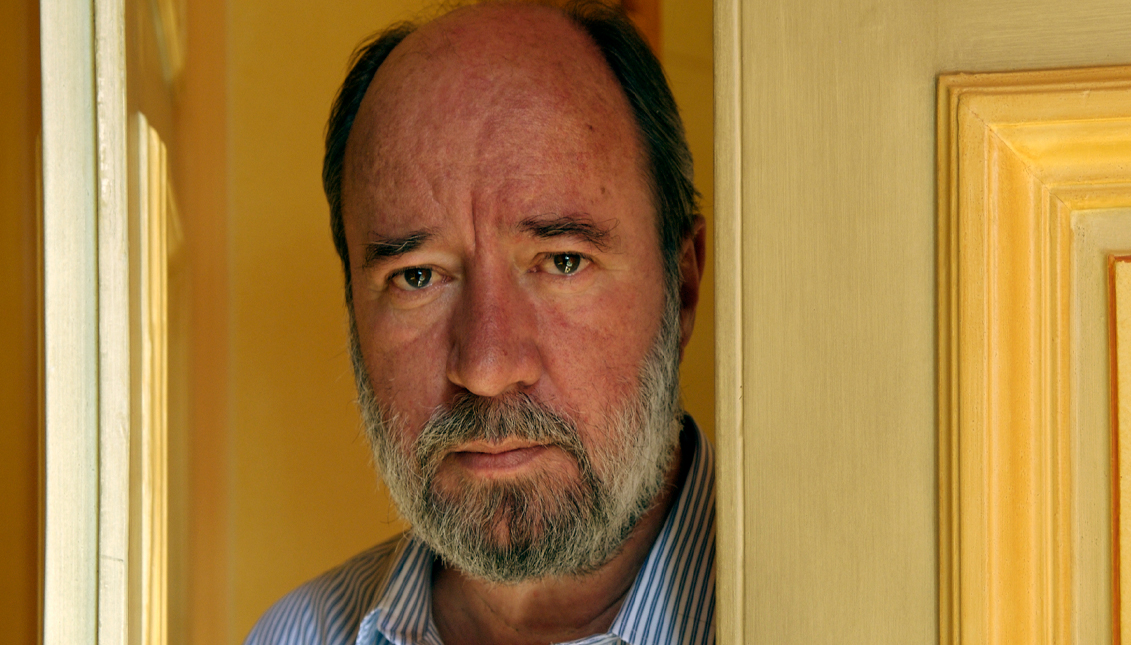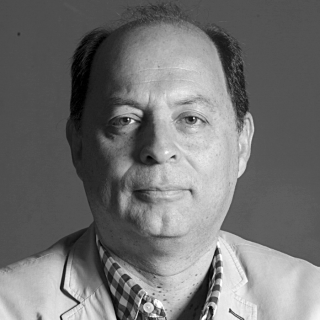
One of Colombia's biggest voices in journalism is gone
Antonio Caballero was one of the most renowned Colombian journalists for his quality and independence. His columns were some of the most widely read. He passed…
Antonio Caballero never held anything back. In Colombia, readers knew what he thought about the powerful, also the central target of the columns he wrote for decades. He was part of a family of writers and artists.
Caballero was sharp and forceful in what he wrote, and elemental in his caricatures. As a cartoonist, he began to publish in 1964 in the newspaper El Tiempo. He was a reporter, columnist, and cartoonist at several media outlets.
As a young man, he was a broadcaster for the BBC in London. As a journalist, he was one of the founders of Alternativa magazine, which between 1974 and 1980, with Gabriel García Márquez and Enrique Santos Calderón, confronted a regime that used repression to silence opponents. He did not stop after that. His followers and adversaries were always attentive to the publication of his commentary every eight days in Semana magazine, where he stayed until November 2020, when a shake-up after a change of ownership led him to resign. He could not allow his independence to be affected — this was the greatest treasure of his profession — which also characterized him.
In a curious case, when he was no longer allowed to send his writings by fax, he continued writing his columns with a typewriter and transcribing them on a computer to send them via e-mail.
Caballero was the son of the writer Eduardo Caballero Calderón, author of the novel Siervo sin tierra, among other works. He was the brother of the painter Luis Caballero, now deceased, and nephew of Lucas Caballero Calderón, the most important Colombian columnist between the mid-20th century and the 1980s known as 'Klim.' In addition, his great-grandfather was Miguel Antonio Caro, Colombian president, philologist, writer, and director of the Colombian Academy of Language. His great-great-grandfather was the poet José Eusebio Caro.
RELATED CONTENT
In 1984, he published the novel Sin remedio (Without remedy) and in 1989, the children's book Isabel en invierno (Isabel in winter), for which he also did the illustrations.
Due to of the harsh criticism he expressed in his columns and his character, Caballero was considered a pessimist. In an interview for the Colombian magazine Bocas, in 2012, he replied: "I am very realistic. My pessimism comes from reality. I see that things are not going well, neither in Colombia nor in the world. We are seeing it with this economic crisis typical of capitalism, as Lenin said, although it will probably lead to war."
The Spanish newspaper El País, where he also collaborated, wrote about his death: "Antonio Caballero spoke very softly, as if in a permanent whisper. Many times, during a conversation in a noisy restaurant or at dinner, someone would ask him to repeat what he had just said. His reaction was always the same: he would get angry. Caballero did not like to repeat himself because he measured the value of everything he said. The fragility of his voice contrasted with the weight of his words: those that he used throughout his life as sharp razors."
Caballero died on Friday, Sept. 10, after serious health complications.












LEAVE A COMMENT: